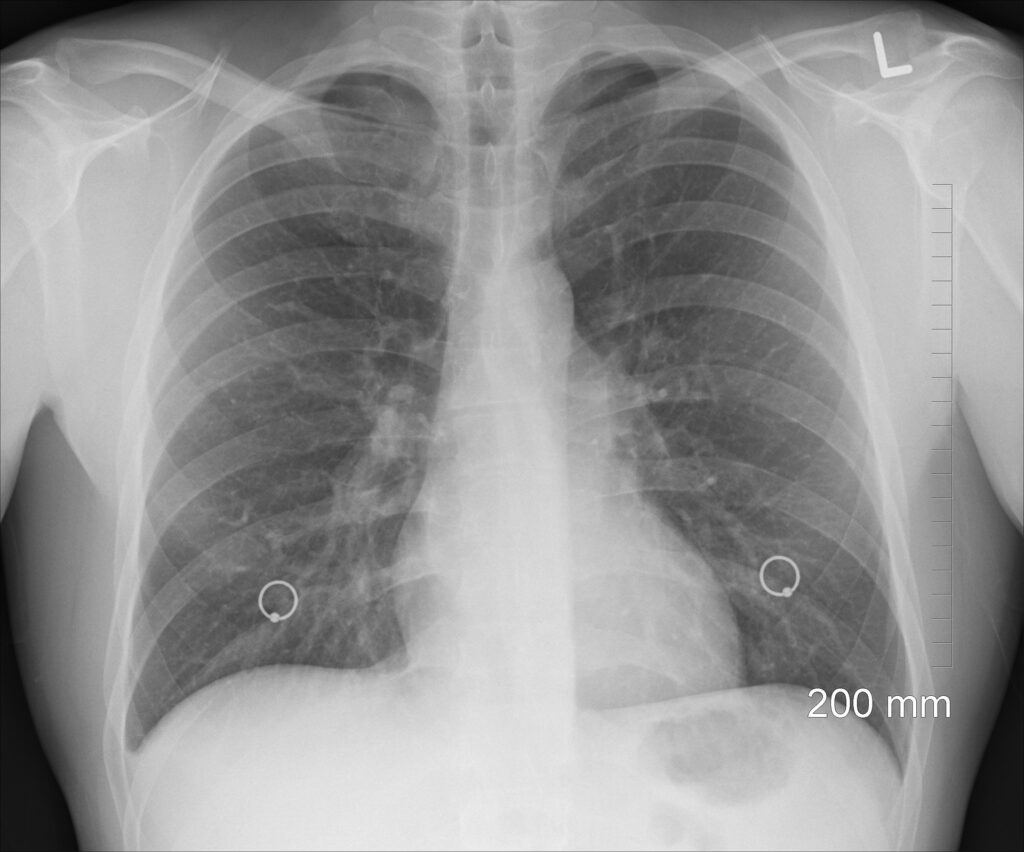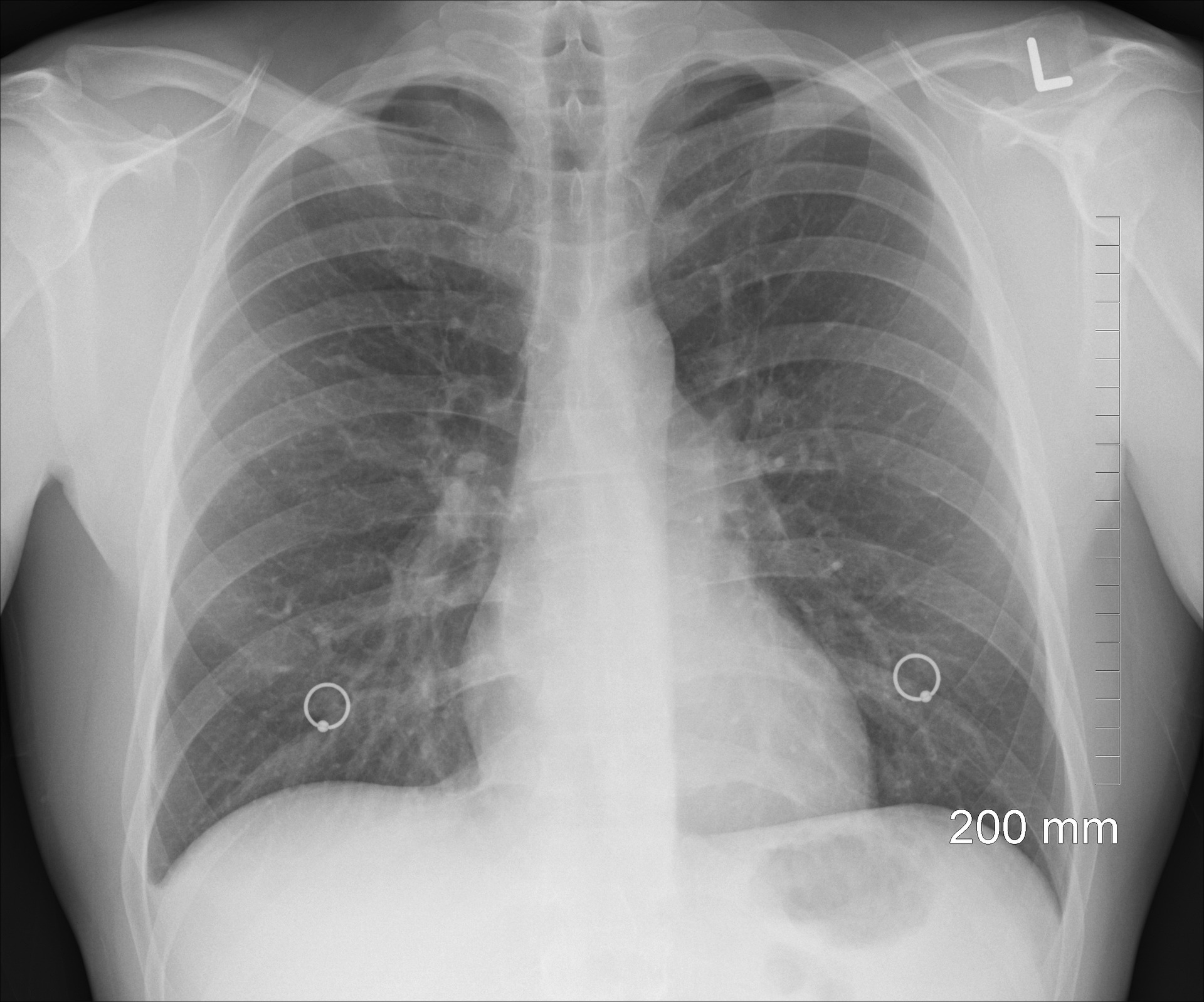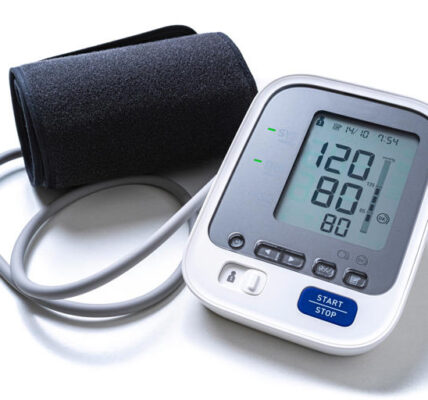Discover effective chronic cough treatment options and when to seek medical advice. Learn about common causes like post-viral inflammation, acid reflux, and post-nasal drip, and find out how to manage symptoms naturally.

© Getty Images
Chronic Cough Treatment: Understanding Causes and Effective Solutions
Dealing with a persistent cough can be more than just a nuisance; it can significantly disrupt daily life. Understanding the causes and knowing when to seek treatment can make a world of difference in managing this common issue.
Common Causes of Chronic Cough
A chronic cough can arise from various underlying conditions.
Post-Viral Inflammation
One of the primary reasons for a lingering cough is post-viral inflammation. After recovering from a viral infection, such as a cold or flu, the airways may remain inflamed, leading to a persistent cough that can last for weeks or even months.
Acid Reflux and Its Impact
Acid reflux, where stomach acids travel up into the esophagus, is another common cause of chronic cough. This reflux irritates the throat, triggering the cough reflex. In some cases, especially in children, the cough can become a habitual response to the irritation.
The Role of Post-Nasal Drip
Post-nasal drip occurs when mucus from the sinuses drips down the throat, stimulating the cough reflex. This condition is often worse at night and can be a significant contributor to ongoing cough issues.
Effective Treatment Options
When it comes to managing a chronic cough, there are several effective treatment options to consider:
1. Natural Remedies and Lifestyle Changes
- Humidified Air and Steam: Keeping the air moist with humidifiers and inhaling steam can help loosen mucus and soothe irritated airways, providing relief from coughing.
- Saline Nasal Washes: Rinsing the nasal passages with saline solutions can clear out irritants and reduce inflammation caused by post-nasal drip.
2. Over-the-Counter Medications
While cough syrups and over-the-counter medications are widely available, their effectiveness varies. It’s essential to consult with a healthcare professional before using them, especially for prolonged symptoms.

© Getty
When to Seek Medical Advice
While many chronic coughs can resolve with home care, there are instances where medical attention is necessary:
Persistent Symptoms: If a cough persists for more than a few weeks, despite home remedies and over-the-counter treatments, it’s advisable to see a doctor. Persistent coughing could indicate an underlying condition that requires medical intervention.
Symptoms Warranting Urgent Attention:
- Coughing up Blood or Thick Yellow Phlegm: These symptoms may indicate a more serious issue that requires immediate medical evaluation.
- Chest Pain, Shortness of Breath, or Wheezing: These accompanying symptoms could signal a more severe respiratory problem that needs prompt attention.
- General Discomfort or Unease: Trust your instincts. If you don’t feel right or if the cough is affecting your quality of life, seeking medical advice is prudent.
Conclusion: Taking Control of Your Health
Managing a chronic cough involves understanding its underlying causes and adopting appropriate treatment strategies. By addressing factors like post-viral inflammation, acid reflux, and post-nasal drip, and knowing when to seek medical advice, you can effectively manage and alleviate persistent coughing. Remember, your health is paramount, and timely intervention can make a significant difference in your well-being.
ALSO READ:
Clade 1b Monkeypox Outbreak: 5 Terrifying Dangers You Need to Know




